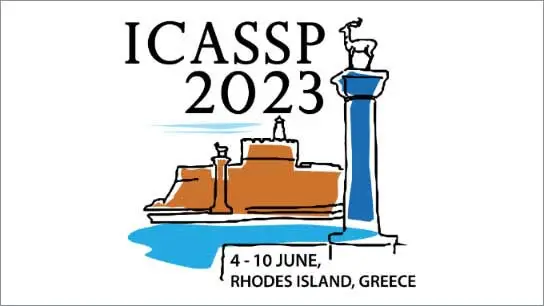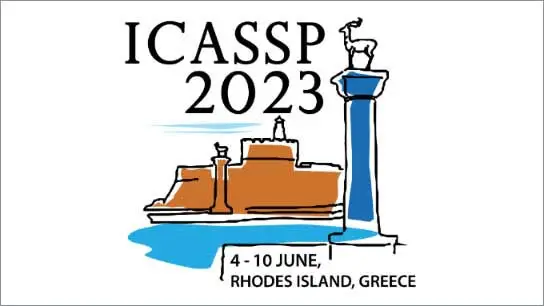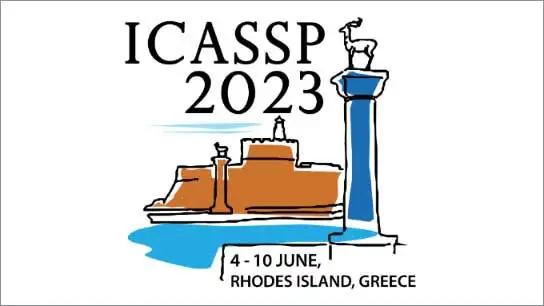Cochlear Decomposition: A Novel Bio-Inspired Multiscale Analysis Framework
Hessa Alfalahi (Khalifa University of Science and Technology); Ahsan Khandoker (Khalifa Univerisity); Ghada Alhussein (Khalifa University of Science and Technology); Leontios Hadjileontiadis (Khalifa University of Science and Technology)
-
Members: FreeSPS
IEEE Members: $11.00
Non-members: $15.00
07 Jun 2023
Signal multiscale decomposition (SMD) is an effective analysis for the identification of modal information in time-domain signals. So far, various SMD approaches, such as the Multiresolution Wavelet Transform (MWT), the Empirical Mode Decomposition (EMD), and the Variational Mode Decomosition (VMD) have been proposed. However, issues, such as mode mixing for signals with closely-spaced modes, have been identified. To confront such problems, we propose here a novel spatial auditory decomposition framework for non-stationary signals, namely the cochlear
decomposition (CD). CD is inspired by the biological rules of the spiral human cochlea and it is built upon the concept of ‘place-pitch’ or the tonotopic organization of the spiral cochlea. The new insight here is to formulate a set of basis
functions, namely cochlear wavelets, whose dilation factors are determined by their angular position on the cochlear spiral (i.e., coupled rotation and dilation). Under proper parameterization, iterative application of spatial filters results in signal’s mono-components, each arising from specific angular positions along the spiral cochlea, with high time and frequency localization. The performance of the proposed
CD is validated via synthetic acoustic signals and real nonstationary speech signals analysis. The analysis results show that CD outperforms the performance of MWT, EMD, and VMD, exhibiting, at the same time, high noise robustness. We also show that the CD disentangles low-frequency temporal modulations of sounds, supporting perceptual phenomena in both speech and music. Clearly, CD paves the way for
higher-level speech perception deep learning models and also for efficient cochlear implants design. Future work to incorporate the nonlinearity of the cochlea into a binaural hearing framework is underway.



